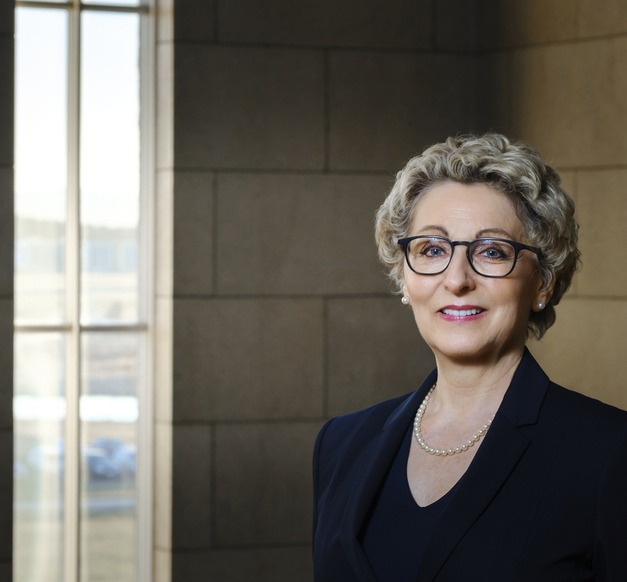
"Women experience the triple effect. Age, looks and being a woman," says Erla Sólveig Kristjánsdóttir, professor at the University of Iceland's Faculty of Business Administration, who is launching a study next year on gender-based ageism against women older than 50 in the labour market.
Erla says that women start to experience obstacles in the labour market after forty. They may not even get a response when the apply for work and are overlooked in promotions.
"I want to interview women who are older than 50 years old, and even 45 and older. I already have 12 women lined up who are interested without advertising at all. These women have university education, are 50 or older, and unemployed.
Erla says, however, that she wants to study the status of both employed and unemployed women. "I have seen gendered ageism pop up in my research on women in general. Furthermore, a recent study among doctoral students at the University of Iceland shows that PhD graduates, especially women, had a hard time getting an appropriate job."
Not much existing research in Iceland
Erla says that little research has been conducted on the interplay of age and gender in Iceland. When studying diversity in the labour market the most common variables are sex, nationality, background, and culture. She says that international studies point to older women facing obstacles in the labour market and that is the motivation for this study. This applies more to women than men in the later stages of their careers.
"Now that people live longer and are more fit they would like to work longer. Women experience obstacles and men do too; but this usually happens 10 years later than among women. This is according to international research findings. When men turn grey they become more distinguished, but changes in women's appearance growing older are an obstacle."
Furthermore, recent studies suggest that despite experience and education women are less likely to get promoted. Other studies emphasise the importance of mixing older and younger people in the labour market. Erla believes both groups have valuable, albeit different, input to offer.
"It is important to have both young people starting out in their careers and older, and more experienced people to mentor them. This is why I became so interested in this matter. The can communicate so much, whilst those who are younger may have more tech knowledge and those who are older have vast experiences and extensive education."
"I will use the results when teaching about diversity and inclusivity in undergraduate and graduate studies. I really want to do this my teaching to get the word out. So that the study has value. I want to conduct research but I also want to communicate to others. That is the overall goal, the long-term goal if you will," says Erla.

International research shows that women face obstacles in the labour market
Research in New Zealand shows that women who are sent abroad to work in embassies have a hard time finding work when they come back if they are over fifty. They therefore have to accept jobs that are significantly below their education and experience, even if with growing age they often have more time as their children are grown up. They also have great passion and knowledge of the job. Erla says it is such a waste not to employ this group.
People earn more rights and higher salaries along side their work experience This might, according to Erla, be a possible reason for companies letting senior staff go. She points out that they could offer them part time work instead of letting them go altogether.
"I feel we are losing such a valuable resource with those who possess all this experience and education. We could exploit it, but we are evidently not doing that."
The study has a clear relevance with the UN Sustainable Development Goals, one of the main emphasis in the University of Iceland's strategy, UI26. These include goal number five on achieving gender equality and empowering all women and girls.
Erla wants to use this knowledge in university courses. "I will use the results when teaching about diversity and inclusivity in undergraduate and graduate studies. I really want to do this my teaching to get the word out. So that the study has value. I want to conduct research but I also want to communicate to others. That is the overall goal, the long-term goal if you will," concludes Erla.
Author of article: Jón Már Ferro, MA student in Journalism


